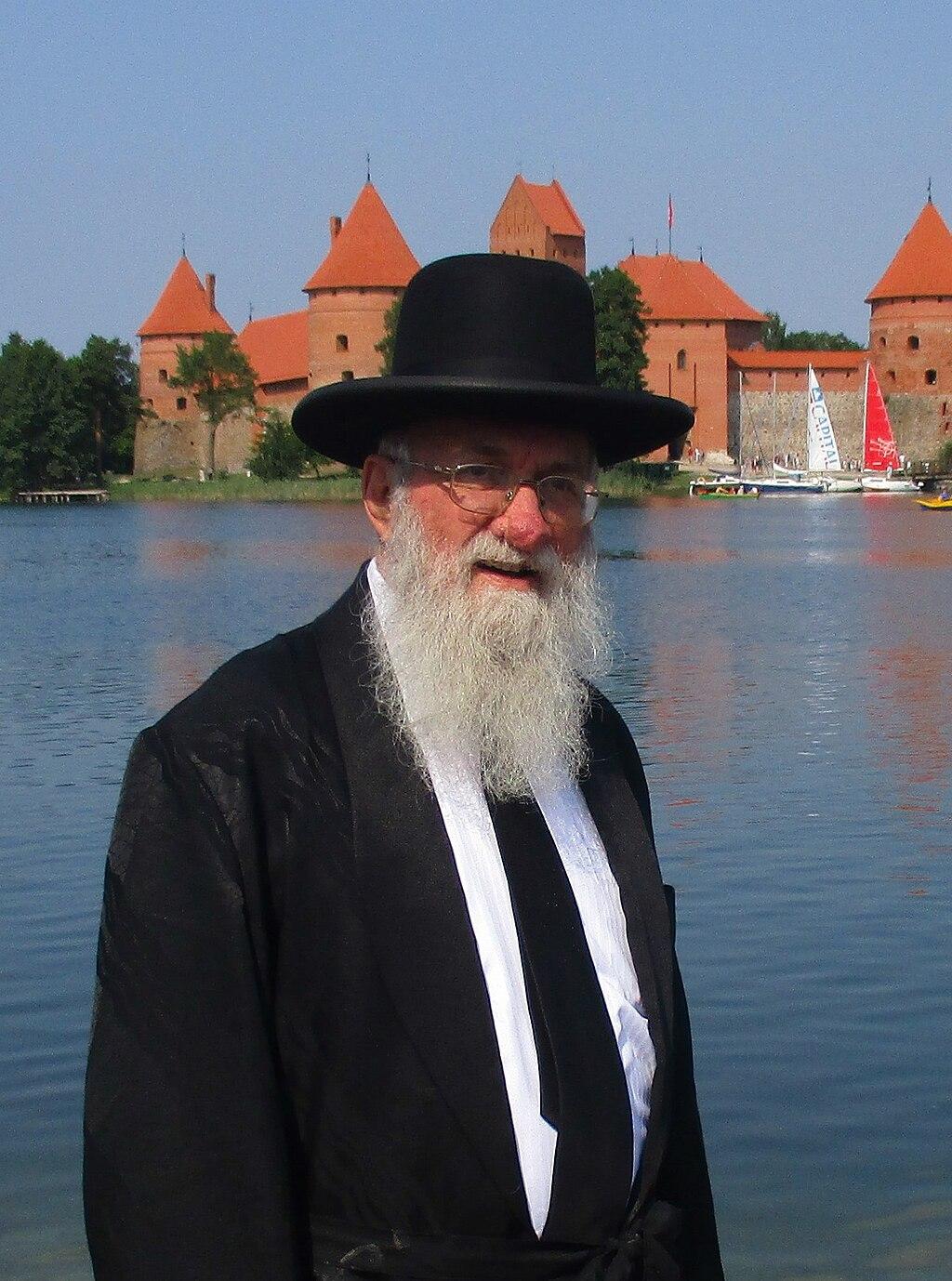"Torah Study is Our Real Defense"
Grodno Rosh Yeshiva Rav Tzvi Drabkin: "The IDF is successful ONLY because of Torah study"
Rabbi Tzvi Drabkin of the prestigious Grodno Yeshiva challenges conventional view of Israel's military success.

In a powerful address to his students, Rabbi Tzvi Drabkin, head of the prestigious Grodno Yeshiva, offered a striking perspective on Israel's current military successes. Speaking surrounded by attentive students, Drabkin argued that true victory stems not from military might but from religious devotion.
"Although we see the soldiers, tanks, and planes fighting and winning, the deep truth is that victory comes from those who sit in the study hall and learn Torah with enthusiasm ('bren') with sparks of fire," Drabkin declared.
Drawing from traditional sources, he cited a classical Midrash (rabbinic commentary): "The Midrash tells us of a blacksmith with his shop in the town square, whose son had a goldsmith shop nearby. Seeing bundles of thorns entering the city, someone worried, 'Where will all these bundles go?' A wise man replied, 'Why fear these? One spark from your shop and one from your son's will burn them all.'"
Applying this to current events, Drabkin pointed to Syria as evidence: "There are those who don't understand the truth, they see the tanks and planes fighting and winning. But look at what happened with Syria, an armed nation that fell apart. What dismantled it, since there was no war with tanks and planes? It was those who sat and studied in the study hall with enthusiasm who dismantled Syria!"
He explicitly connected ancient and modern struggles: "The Lord showed our forefather Jacob, 'Don't worry, you sit in the study hall and learn Torah, Torah is fire. Learn Torah with such enthusiasm that sparks fly, and Edom will flee of its own accord.'"
Addressing the ongoing conflicts, Drabkin emphasized: "We've been in an enormous and very difficult war for more than a year. In this war, we fight with soldiers, tanks, and planes. The Midrash teaches us that victory isn't due to their might - victory comes through those who sit in the study hall and learn Torah with enthusiasm, with sparks of fire! The study in the study hall drives away the enemies."
He concluded with a call to action: "The learning needs to have sparks, needs to have enthusiasm! And this will bring victory, God willing."
His perspective offers a window into how some religious leaders interpret current events through a spiritual lens, suggesting that military success depends as much on religious devotion as on tactical strength.
For many Israelis, these comments cut deep into an open wound in society, especially raw during a time of war. While young soldiers risk their lives in Gaza and along other fronts, with families anxiously awaiting news of their loved ones in combat, Rabbi Drabkin's suggestion that the real victory comes from Torah study rather than military sacrifice strikes many as profoundly disrespectful.
Parents who have lost children in battle, veterans who have seen friends fall, and active duty soldiers facing daily dangers find it particularly painful to hear that their sacrifices are secondary to the efforts of those studying in religious institutions.
The timing of these remarks, as Israel continues to mourn victims of October 7th and subsequent fighting, has intensified the response.
For secular Israelis and many religious Zionists who combine military service with religious devotion, such statements deepen a painful social divide, suggesting that one group's contribution to national defense is more valuable than another's.
With many ultra-Orthodox men exempt from mandatory military service, the claim that their Torah study is actually the primary source of military success feels like salt in a wound for families who have sent their sons and daughters to fight.
JDN contributed to this article.